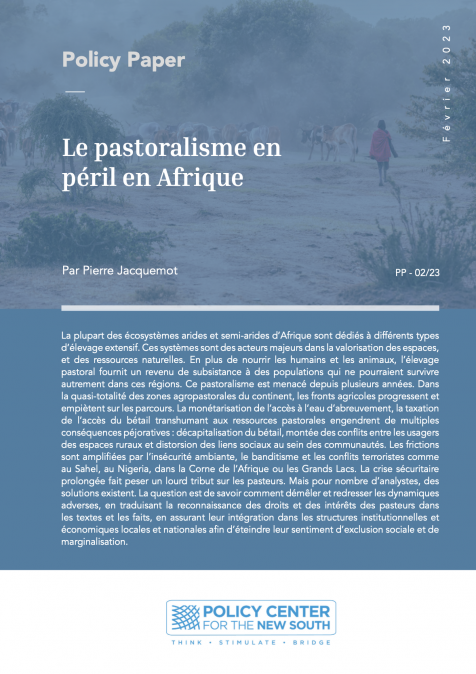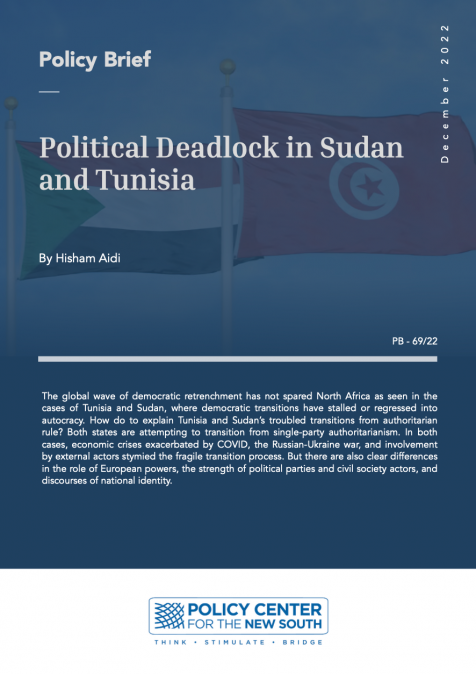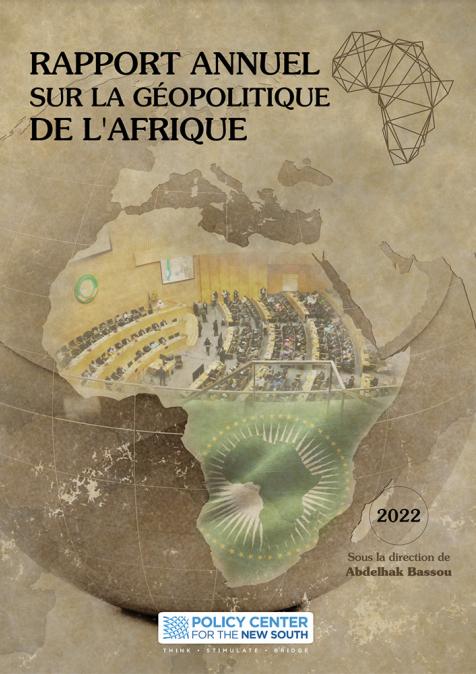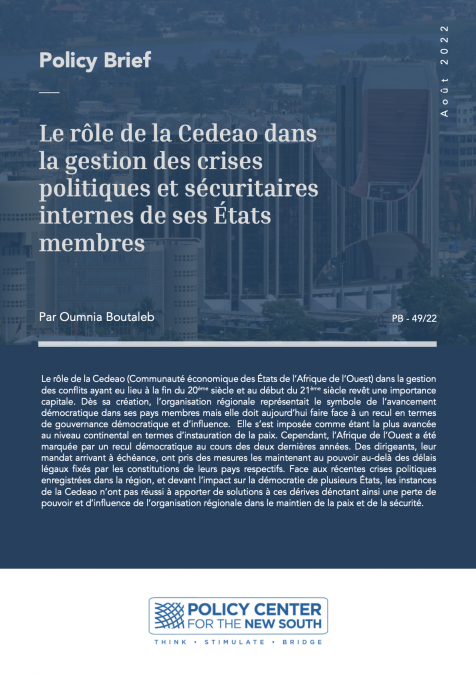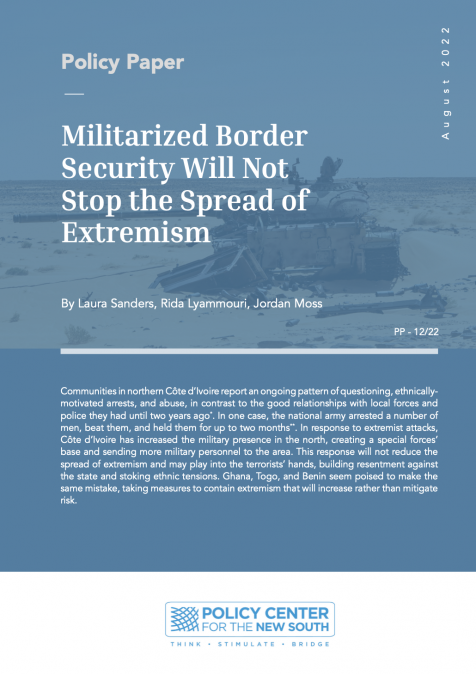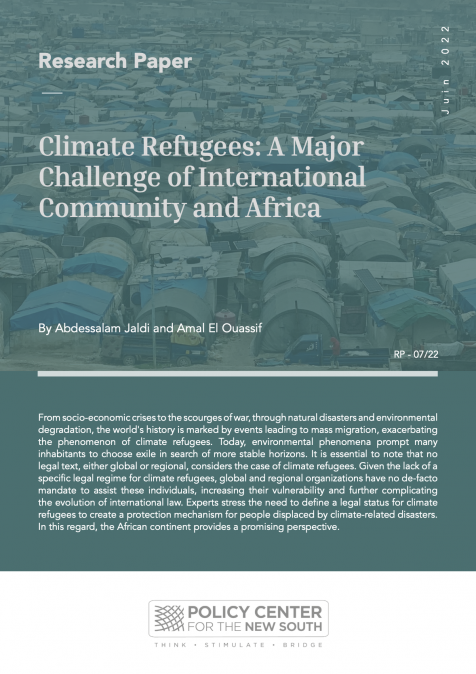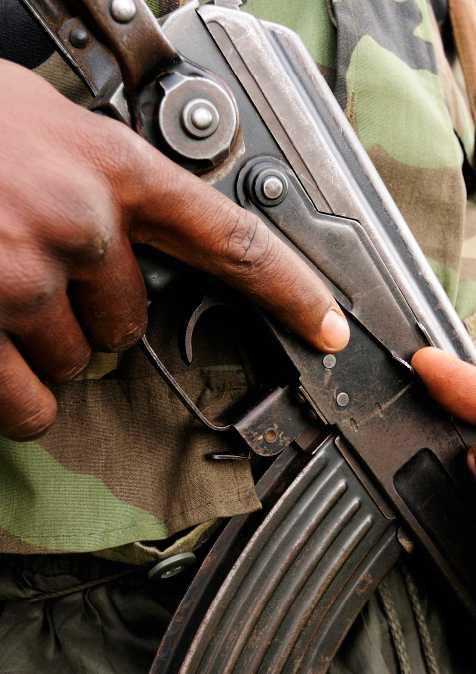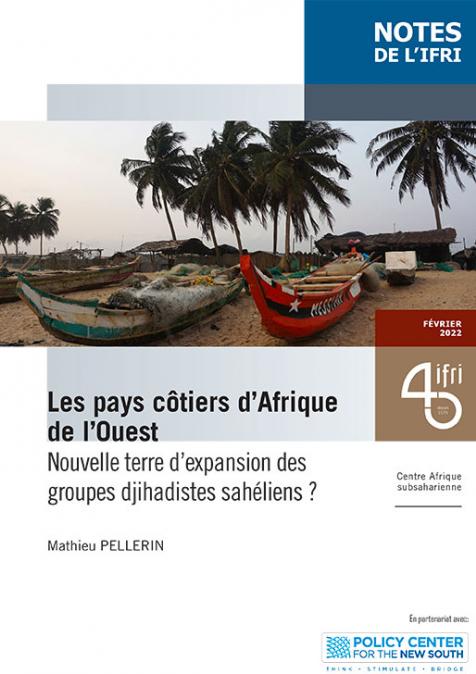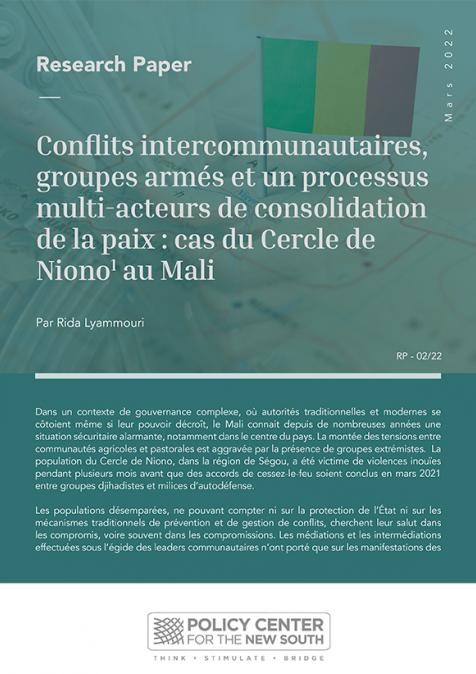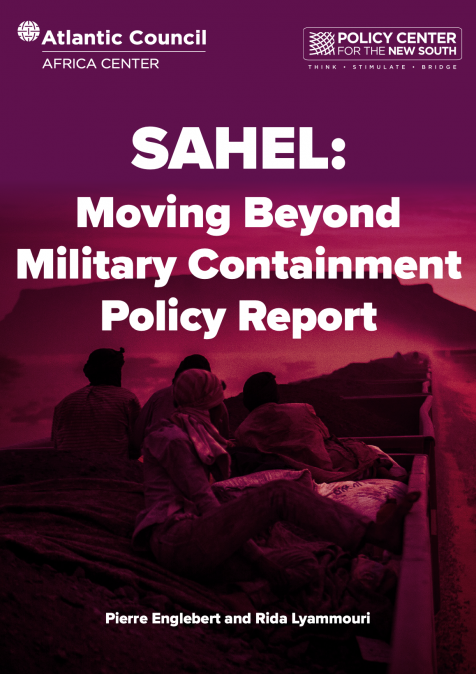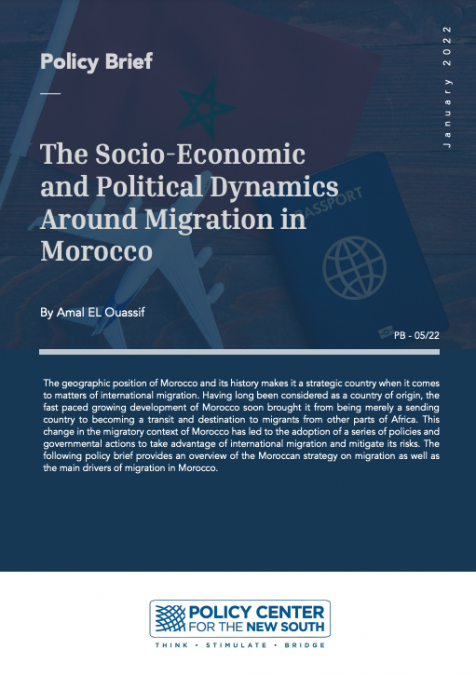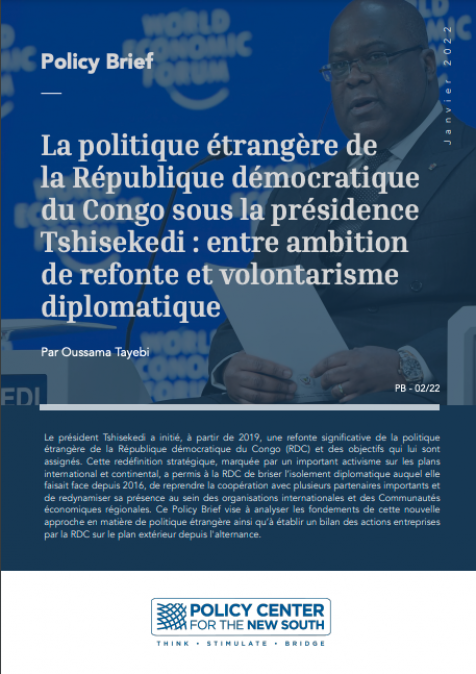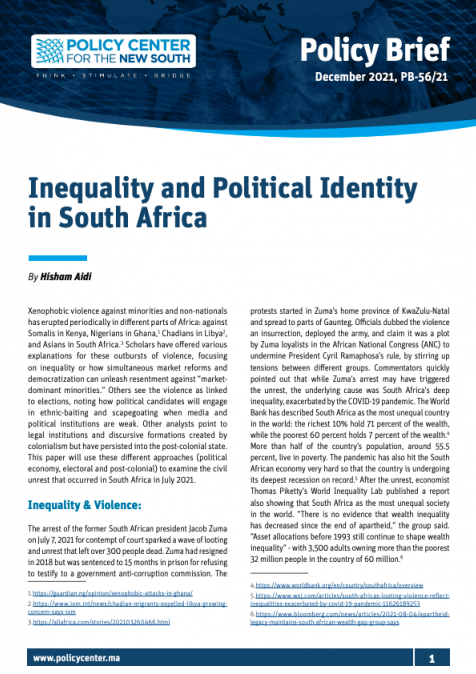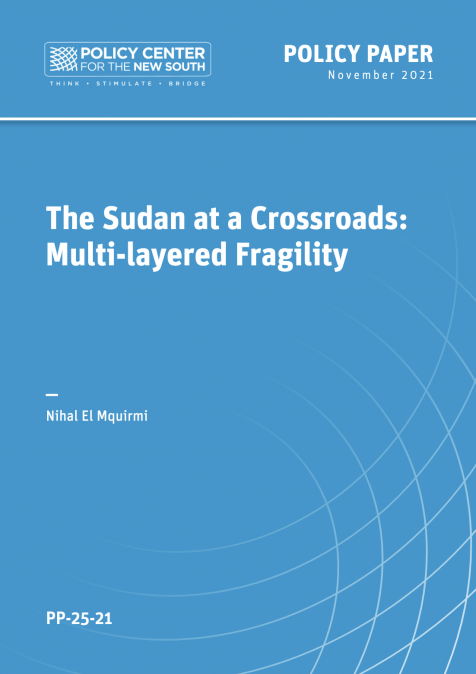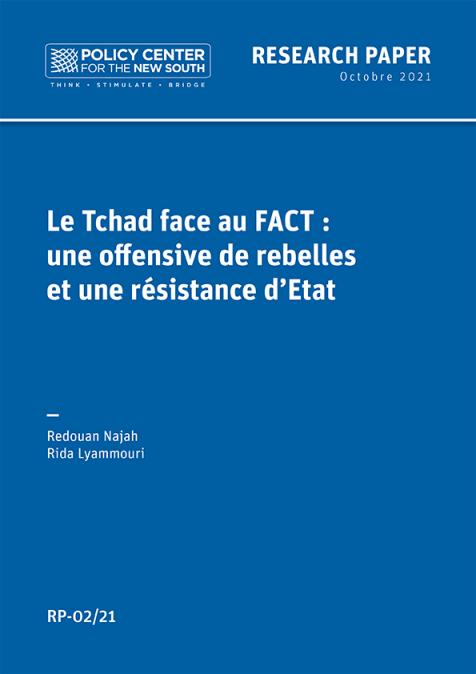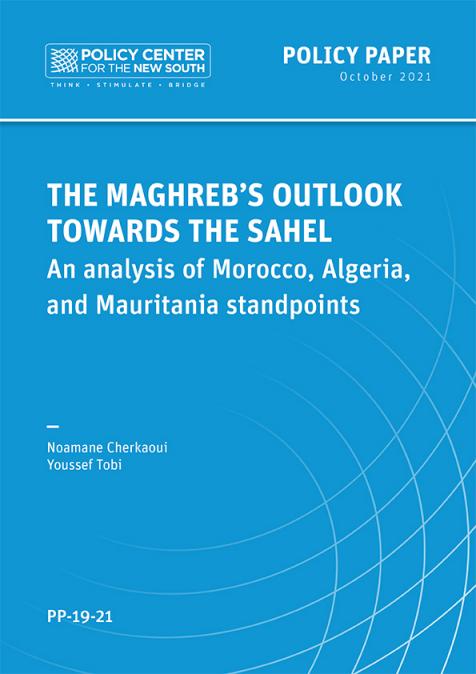
September 8, 2023
Cette 6ème édition du rapport géopolitique de l’Afrique s’inscrit dans la même ligne éditoriale que ses précédentes. Elle se veut une plateforme où des auteurs et analystes africains racontent l’Afrique géopolitique de 2022 en débordant parfois sur les événements saillants du début de 2023.
Ce moment, d’environ une année et demie, ne peut échapper à la guerre en Ukraine comme toile de fond du monde. Même lorsque les auteurs ne s’y réfèrent pas explicitement, cett ...

